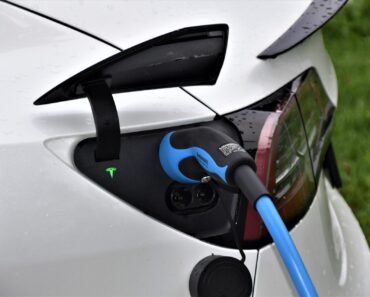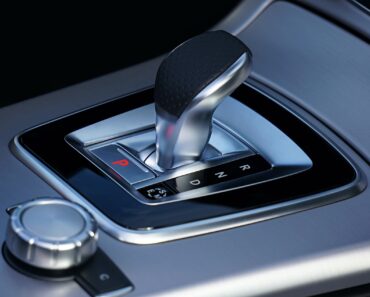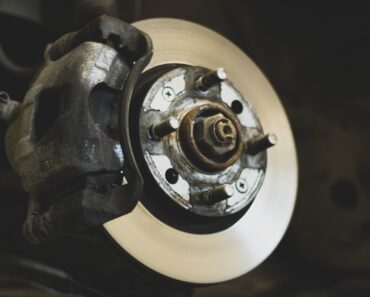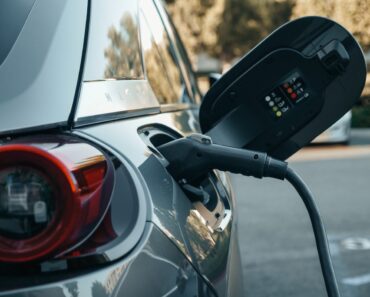One of the first things you will notice after switching to an electric car is how long to charge the battery. The process takes significantly longer than putting gas in the tank of an internal combustion vehicle. To matters more interesting, the time taken seemingly is different from one electric car to another. While that does not affect the practicality of EVs, you may wonder just how long it takes to charge an electric vehicle.
In this article, we look at how long it takes to charge an electric car.
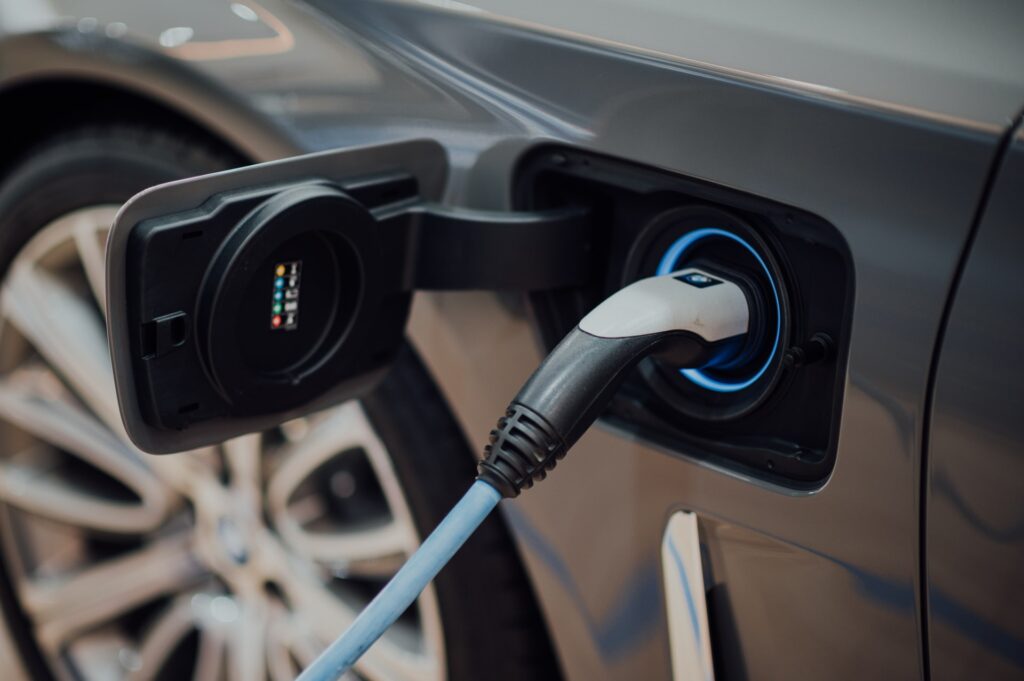
How long does it take to charge an electric car?
The answer is between 30 minutes or more than 12 hours. Or even days. If you wonder why there is such a wide range of charging times, several factors determine how long you need to stay plugged in. In the rest of the article, we will look at these factors.
However, when people ask how long it takes to charge an electric car, they often want to know how long to charge the car from 0 to 100 percent. It is worth noting that you do not need to charge your car to 100 percent all the time, just as ICE drivers do not always purchase a full tank of gas. Similarly, you do not have to wait until your battery drops to 0 percent before charging. Putting these two together, you likely won’t spend as much time during each charging session.
What factors affect how long to charge an electric car?
Electric cars come in great variety because they are targeted at different use cases or groups of buyers. Due to this variety, many factors come into play, and we will look at some of them.
Battery size
Electric vehicles do not have the same capacities as the more expensive ones tend to get more capacity. For example, the 2018 Nissan LEAF has a 40 kWh battery, while the Rivian R1T pickup truck is equipped with 135 kWh. If all other factors are constant, the LEAF will reach 100 percent battery before the R1T. However, the pickup truck will last longer on the road before you need to charge again.
The EV charger speed
Depending on the type of charger you use, the charging rate differs. There are three types or Levels of charging, starting from Level 1 to Level 3.
The first-level chargers are the slowest, although they are the least complicated to set up. Since they typically deliver between 1.3 kW and 2.4 kW, they might take up to a day. For example, the Nissan LEAF mentioned above will take up to 30 hours to charge fully, while the 2019 Tesla Model S can take up to 55 hours.
On a Level 2 charger, you can get up to 19 kW, although 7 kW is more common. This brings down the charging time for the LEAF to between 6 and 8 hours.
Level 3 or DC chargers are the fastest, but not all-electric vehicles can use the fastest ones. For example, Tesla’s website says the Model 3 can add up to 175 miles in 15 minutes using the company’s proprietary Superchargers. The Volkswagen ID.3 can add between 108 and 233 miles of range in 30 minutes.
Tip: While faster, it is advisable to use DC chargers as sparingly as possible because they cause the battery to degrade faster.
The maximum rate at which the car can accept power also matters. For example, the Nissan LEAF cannot take 150 kW, while the Tesla Model S can.
State of Charge (SoC)
The charging rate for an electric vehicle varies from 0 to 100 percent due to how batteries work. This is why the last 20 percent takes longer to charge. You might have noticed that EV makers often quote the charging time to 80 percent instead of 100 percent. If you limit yourself to 80 percent battery, which for the most part, is practical, you will spend less time charging.
The weather condition
Cold temperatures make charging an EV slower. This is because the rate of the chemical reactions that bring about charging in the battery slows down at colder temperatures. It is the same reason you will get significantly less range from the same car during winter. Some car manufacturers try methods like preconditioning before starting to charge to increase the speed.
Conclusion
Several factors come into play when you charge your car, and they determine how long the process takes. The good news is that battery makers are constantly working on reducing charging times, meaning the EVs of the future will likely charge faster.


